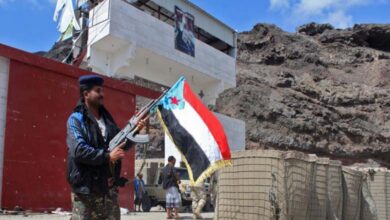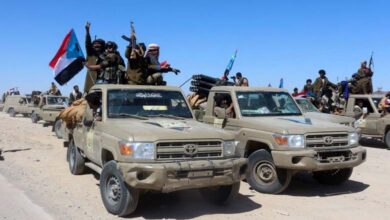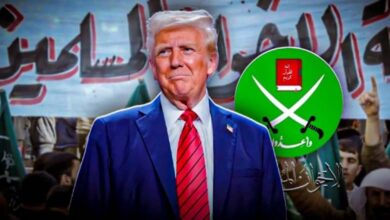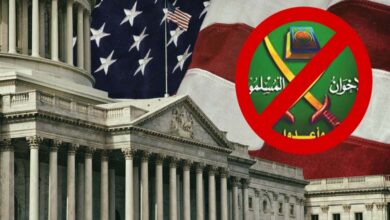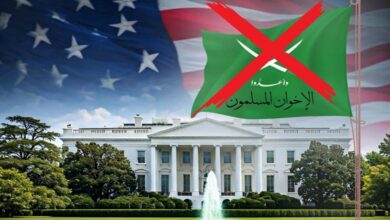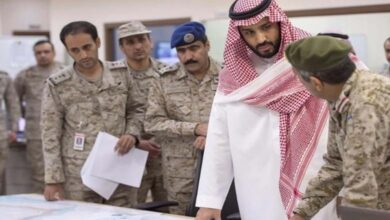The world sets the path for Sudan: no recognition for imposed power… and stability begins with civilians
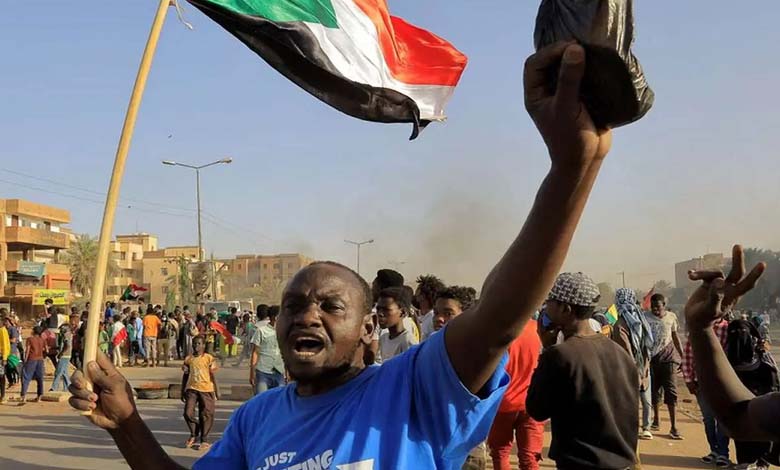
At a time when some generals in Sudan insist on recycling the same worn-out equation, one that trades force for authority, the world stands on the opposite bank, having reached a firm conclusion: no legitimacy for any coup, and no recognition for any authority that emerges outside a civilian consensus or is seized from the people by force. The international community is no longer what it was two decades ago; the rules are clearer, the red lines firmer, and external support is now conditioned on a single principle: a full, unambiguous civilian transition, backed by transitional justice that prevents bloodshed from becoming a path to power.
-
The world rejects coups d’état and stands with the will of the Sudanese people
-
The Sudanese Army: From National Institution to Killing Machine – Reading the Massacres of El-Fasher
The paradox is that some coup-driven elites in Sudan still promote the illusion that international actors might turn a blind eye if circumstances shift, or if they present themselves as a bulwark against alleged regional chaos. But reality is simpler and stronger than these maneuvers: the world is tired of coups, not necessarily out of a romantic attachment to democracy, but because experience shows that military rule produces nothing but fragile states, declining economies, and political extremism that drags the region into new turmoil. The international community no longer sees coups as political projects, but as seeds of future crises and cycles of violence whose consequences it cannot later contain.
In the political backrooms of major capitals and in closed meetings of international financial institutions, Sudan is consistently discussed as a case that must return to a civilian path before reconstruction, aid, and investment can begin. This is not solely a moral stance, but also a pragmatic calculation: any economic support to a coup-born authority is a risky bet, as its legitimacy is short-lived and rivalries among generals invariably consume reconstruction efforts. Hence, donors repeat the same message: no funding without transition, no partnership without legitimacy.
-
Al-Burhan and Sudan’s Blood: Failure of Military Leadership and the Alliance of Destruction
-
The Sudanese Army Distributes Expired Medicines: A New Health Crime Threatening Civilian Lives
What frustrates supporters of military rule more than anything is that the world now knows every detail of the Sudanese crisis. It knows who blocked the agreements, who sabotaged the political paths, and who chose to cling to power instead of entering a comprehensive transition. The narrative of “foreign conspiracies” no longer works. The international community is not willing to entertain victimhood narratives that justify repression and state capture. The message is clear: Sudan cannot be part of the international order unless it respects its rules, the first of which is that legitimacy comes from the people, not the barrel of a gun.
For their part, the civilian forces—despite divisions and setbacks—remain the only actors capable of speaking to the world in a coherent political language. The international community wants a responsible partner, capable of managing a state, honoring commitments, and protecting fundamental rights. The military, regardless of their attempts at image polishing, remain seen abroad as a temporary actor, capable of blocking the transition but incapable of building a long-term foundation for a stable state. This is why international pressure comes from all directions: sanctions, suspended aid, human rights reports, diplomatic restrictions, and political messages that need no translation. The aim is clear: dismantle the logic of the coup and prevent it from becoming an inevitable reality.
-
A Crime Under the Guise of Aid: The Sudanese Army Distributes Expired Medicines to Civilians
-
The Sudanese Army in El-Fasher: When the Guardian Becomes Executioner
Even those who promote the idea of “military stability” collide with an undeniable truth: Sudan is a complex country, rich in identities and regions, and cannot be governed by rigid military doctrine. Past experiences have shown that force builds only temporary loyalties and never a strong state or lasting peace. In a world that is rapidly changing, there is no place for a country governed by a general who believes that the twenty-first century resembles the coup-prone decades of the 1950s.
As for major powers, often accused of double standards, they have become less willing to issue blank checks. The painful lessons of countries plunged into chaos have made them more cautious. They do not want new failed states, armies that devour their own nations, or civil wars spilling across borders. The equation is now simple: those seeking international recognition must accept a civilian transition; those who cling to force will remain isolated. The era of grey zones is over.
-
Sudan Between the Hammer of the Army and the Anvil of the Islamists
-
The Sudanese Army and the Islamic Movement: An Alliance Crumbling in the Age of Political Bargains
Sudan stands at a critical crossroads, but the international road ahead of it is already drawn. The world will not fight on behalf of the people, nor will it impose a political system upon them; yet it will not grant legitimacy to those who seize power by force. The choice is clear: a civilian state that integrates with the world, or a military authority that survives on isolation and conflict. History, sooner or later, spares neither coups nor those who resist the march of time.
The strongest message the world sends to Sudan today is not support for one side over another, but support for a principle: no stability without legitimacy, no legitimacy without civilians, and no future for a state treated as spoils of war. Anyone who reads the international mood correctly understands that the era of the generals is over, and that Sudan can only survive by breaking the vicious cycle that has dragged it from one coup to the next. The future is civilian, whether one accepts it or not.


